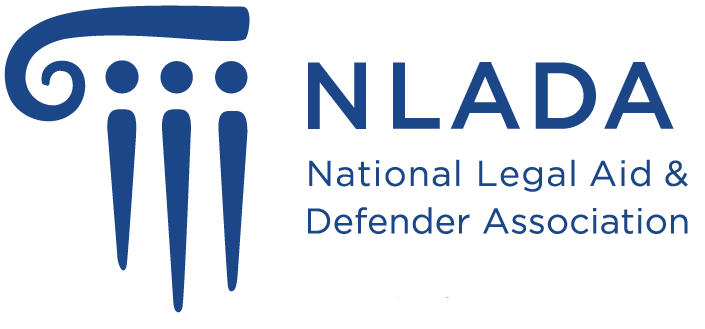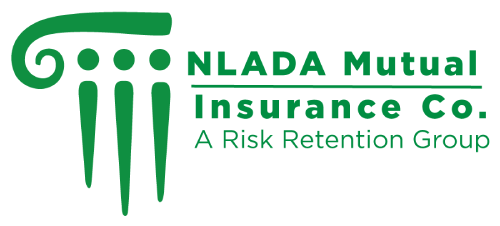Tyler, our VISTA member in Connecticut, shares how his experience with organizing in college brought him to NLADA and VISTA.

Tyler with books to mail out to local jails
It’s always felt comfortable for me to say that I’m a social justice oriented person. I did my share of volunteering when I was a child and in high school, used the proper language and put my pronouns in my email signature, I went to all the demonstrations in college and marched when our politics strayed from what I felt was the right path. At the end of my college career, I looked back, proud of what I had done. However, proud as I was of my personal actions, I was surprised by how little I had actually accomplished. Many of the causes that I had advocated for, even the smallest had not changed. The issues I saw as a freshman were still there, just the same as ever, only now I was a senior.
Now, it is tempting to blame the system for this; to write it off and say it did not change because the people in charge did not want it to change. But that would not be honest. These things did not change because we did not want them to change, or at least did not want them to change badly enough. Our efforts were entirely piecemeal, only activating when there was a specific catalyst for it then deactivating just as quickly before any lasting changes had been made.
While this was a disheartening realization to make, it was an important one. Successful change most often occurs from sustainable and progressive steps, not by completely tearing down a structure and rebuilding. With this, I wanted to see what I could do in my life and with my skills to benefit a system. This brought me to all sorts of volunteer organizations, but many of them were very thinly veiled tourist opportunities. What could I, an English graduate from Connecticut, functionally offer a community struggling with the AIDS epidemic in Ghana?
So I looked local; to see how I could be helpful to the communities I was already a part of with the skills that I already had. What drew me to AmeriCorps and to NLADA was the focus on capacity building and, partly, the newness of the program. The Connecticut branch was a brand new program that I could help develop from the ground up (this scratched that itch I still have of doing something big, something permanent). However, it also meant that I could help create something sustaining, something that utilized the communities as mode of change where I was simply the catalyst that brought them together. Instead of reacting to events in big ways and disappearing, I could sit with the people who are impacted by these events and find the small ways to take active steps in the right direction.
I know that I will still be frustrated at times; I still think the systems move too slow and in ways that do not benefit as great a number of people they could. Now, I also know to channel that frustration, to reserve it for a slow burn to push through the roadblocks and continue making the changes that need to happen. It is about leaving a pathway for the person coming after me, and the person after that, and it is about never losing that momentum, no matter where I continue after this.

